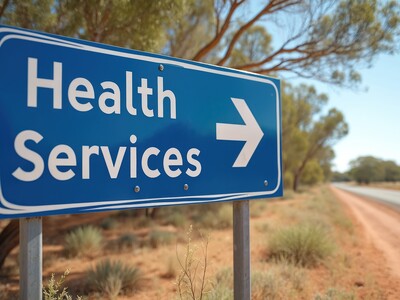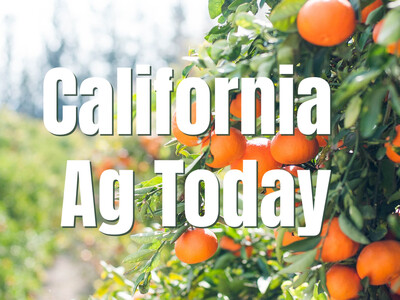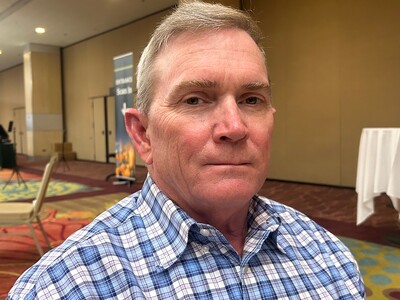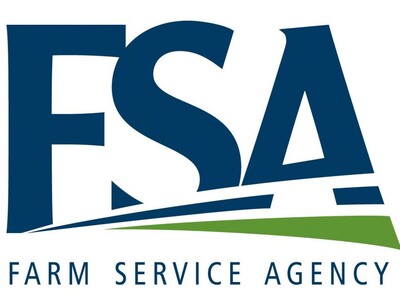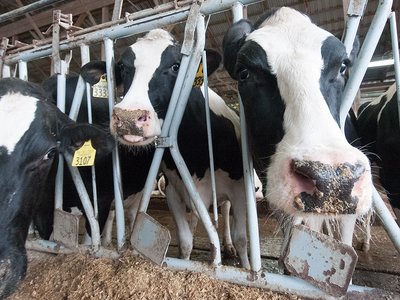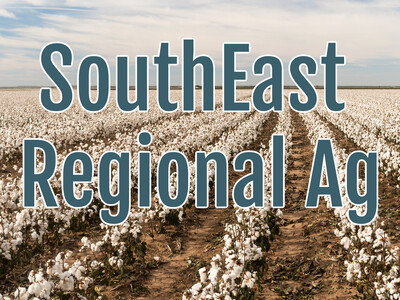Pollinator Importance
Jay Vroom is President and CEO of CropLife America and has applauded the leadership of the House Agriculture Subcommittee on Biotechnology, Horticulture and Research for their hearing to review the federal coordination plan and response regarding the release of the White House National Pollinator Health Strategy. Members of the committee, along with witnesses, highlighted the multiple factors affecting bee health and the need for a harmonized response from the U.S. Department of Agriculture (USDA) and the U.S. Environmental Protection Agency (EPA), the two coordinating agencies for the White House Pollinator Task Force which also includes a huge array of other Federal agencies. “The emergence of disease and disease vectors and parasites like the verona mite are also more easily spread, harder to contain because we are moving more bees around to more places and making them work harder than ever before. The use of pesticides has always been of concern to beekeepers and is another factor that has increased in its concern given the fact that all these other factors are going on. There is a lot to pay attention to and fortunately the White House, starting almost a year ago initiated a task force at the White House that has now produced a report and gives some really good guidance and very specific targets for our country and our government to try and achieve.”
Pollinators are vital, too -- they support 1/3 of the human diet2.





